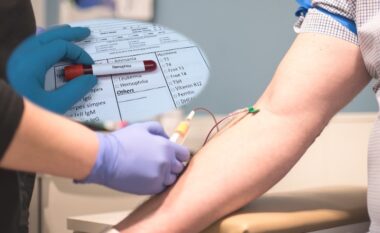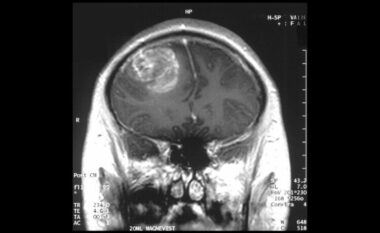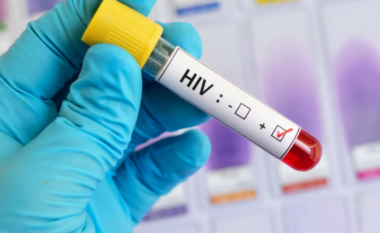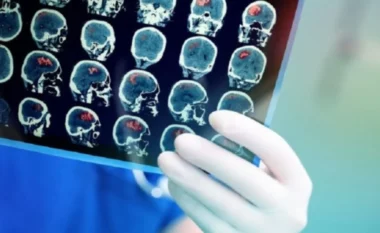What is Lung Cancer , Symptoms and Treatment
Lung cancer is a serious condition that affects millions of people worldwide. It develops when abnormal cells in the lungs grow uncontrollably, forming tumors that can interfere with normal lung function.
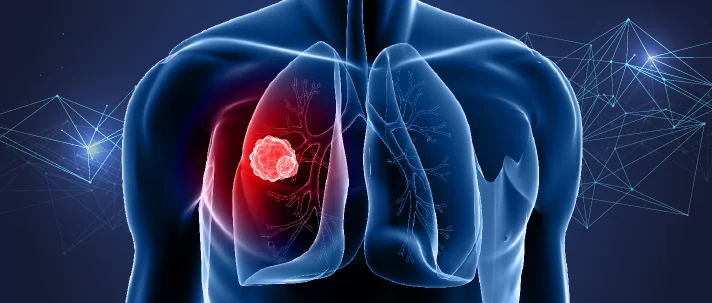
Lung cancer is often associated with smoking, but it can also affect non-smokers due to other risk factors. In this article, we will explore the intricacies of lung cancer, including its causes, symptoms, and various treatment options available to patients.
- Types and Causes of Lung Cancer: Lung cancer is broadly categorized into two main types: non-small cell lung cancer (NSCLC) and small cell lung cancer (SCLC). NSCLC is the most common type and accounts for around 80-85% of cases, while SCLC is less prevalent but generally more aggressive. The primary cause of lung cancer is long-term exposure to carcinogens, with smoking being the leading risk factor. However, non-smokers can also develop lung cancer due to factors such as exposure to secondhand smoke, radon gas, asbestos, air pollution, and genetic predisposition.
- Symptoms and Diagnosis: The early stages of lung cancer often show minimal or no symptoms, making early detection challenging. However, as the disease progresses, common symptoms may include persistent cough, chest pain, shortness of breath, hoarseness, unexplained weight loss, fatigue, and recurring respiratory infections. Diagnosis involves various tests such as imaging scans (CT scan, PET scan), sputum cytology, bronchoscopy, and biopsy, which help confirm the presence of lung cancer and determine its stage and characteristics.
- Treatment Options: The treatment plan for lung cancer depends on several factors, including the cancer stage, type, location, and the patient’s overall health. Here are the primary treatment modalities:
a) Surgery: Surgical intervention aims to remove the tumor and nearby lymph nodes. It can involve a wedge resection, lobectomy, or pneumonectomy, depending on the tumor size and spread.
b) Radiation Therapy: High-energy radiation is used to kill cancer cells and shrink tumors. It can be administered externally (external beam radiation) or internally (brachytherapy) depending on the case.
c) Chemotherapy: The use of powerful drugs to destroy cancer cells throughout the body. Chemotherapy can be administered orally or intravenously and may be used alone or in combination with surgery or radiation therapy.
d) Targeted Therapy: This treatment option focuses on specific genetic mutations or abnormalities found in cancer cells. Targeted therapies help disrupt the growth and spread of cancer cells with minimal damage to healthy cells.
e) Immunotherapy: Immunotherapy drugs stimulate the patient’s immune system to recognize and attack cancer cells more effectively.
- Advances in Lung Cancer Treatment: Medical advancements continue to offer new possibilities for treating lung cancer:
a) Precision Medicine: Genetic testing helps identify specific mutations and alterations in cancer cells, allowing for more targeted and personalized treatment approaches.
b) Immunotherapy: The development of immune checkpoint inhibitors has shown promising results in boosting the immune system’s response against lung cancer.
c) Minimally Invasive Procedures: Techniques such as video-assisted thoracoscopic surgery (VATS) and robotic-assisted surgery offer less invasive alternatives to traditional open surgeries, resulting in reduced pain, faster recovery, and improved outcomes.
Conclusion: Lung cancer is a complex disease with various types and causes. Early detection, through awareness of symptoms and regular screenings, significantly improves treatment outcomes. Treatment plans for lung cancer are multidisciplinary, often combining surgery, radiation therapy, chemotherapy, targeted therapy, and immunotherapy. Continued research and advancements in lung cancer treatment provide hope for improved survival rates and better quality. /albeu.com

